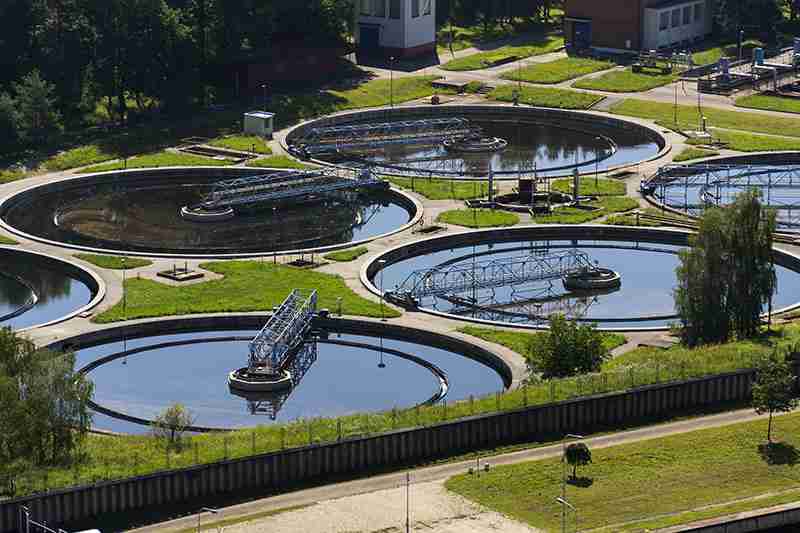Cost-Effective Wastewater Treatment Solutions for Small Communities
Small communities often face unique challenges in managing wastewater due to limited resources and infrastructure. However, cost-effective wastewater treatment solutions can help ensure clean water and environmental protection without breaking the bank. Here are some practical options:
1. Constructed Wetlands
Constructed wetlands mimic natural processes to treat wastewater. They are cost-effective, require low maintenance, and provide additional benefits like wildlife habitat creation and aesthetic enhancement. These systems use plants and soil to filter and break down pollutants, making them ideal for small communities with limited budgets.
2. Decentralized Treatment Systems
Decentralized systems treat wastewater close to its source, reducing the need for extensive sewer networks. Options like septic systems, small-scale treatment plants, and membrane bioreactors can effectively serve small populations. These systems are flexible, scalable, and can be tailored to local needs, providing a cost-effective alternative to large centralized plants.
3. Natural Treatment Solutions
Natural treatment methods, such as lagoons and stabilization ponds, use natural processes to treat wastewater. These systems are inexpensive to build and operate, making them suitable for rural and small communities. They rely on the natural settling of solids and biological treatment through microbial activity.
4. Biofiltration Systems
Biofiltration systems use natural or engineered materials, such as sand or gravel, to filter and treat wastewater. These systems are relatively simple and low-cost, requiring minimal energy and maintenance. They can effectively remove organic matter and pathogens, making them suitable for small communities.
5. Reuse and Recycling
Implementing systems for wastewater reuse and recycling can significantly reduce the demand for fresh water. Treated wastewater can be reused for irrigation, industrial processes, or even potable water with advanced treatment. This approach not only conserves water but also reduces the volume of wastewater that needs treatment, leading to cost savings.
6. Community-Based Approaches
Engaging the community in the planning, implementation, and maintenance of wastewater treatment solutions can lead to more sustainable and cost-effective outcomes. Local involvement ensures that the solutions are tailored to the specific needs and capacities of the community, promoting ownership and long-term success.
Conclusion
Small communities can achieve effective and affordable wastewater treatment by leveraging natural processes, decentralized systems, and community involvement. These cost-effective solutions not only protect public health and the environment but also foster sustainable development. By investing in these approaches, small communities can manage their wastewater challenges efficiently and responsibly.
Visit More Info: https://organicabiotech.com/wastewater-treatment/
